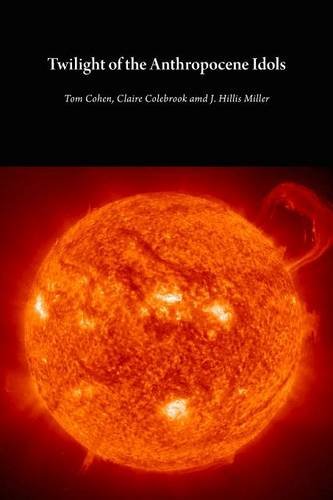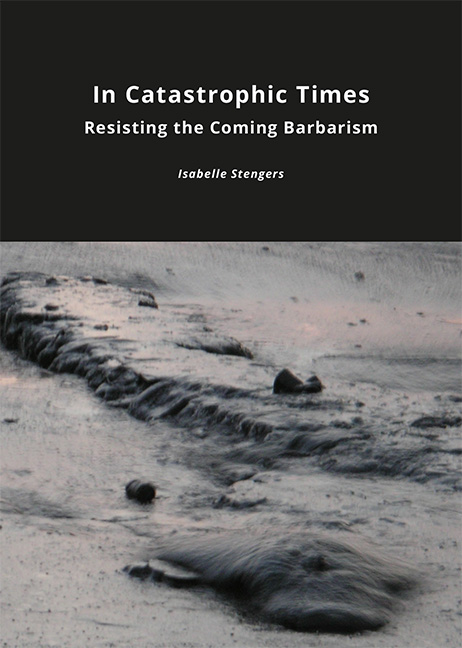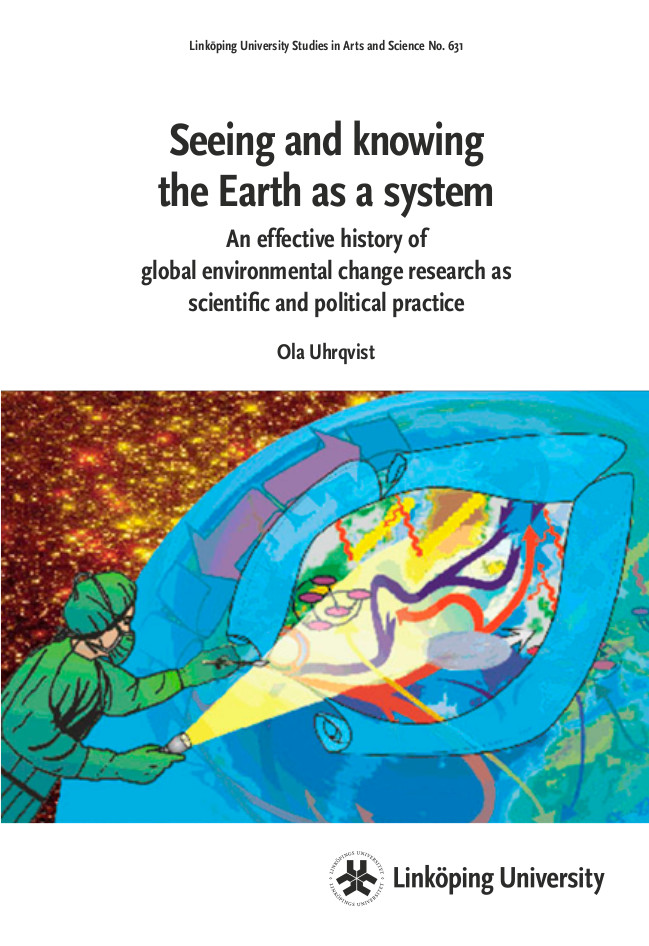Tom Cohen, Claire Colebrook, J. Hillis Miller: Twilight of the Anthropocene Idols (2016)
Filed under book | Tags: · anthropocene, climate crisis, ecocriticism, environment, human, literature, theory

“Following on from Theory and the Disappearing Future, Cohen, Colebrook and Miller turn their attention to the eco-critical and environmental humanities’ newest and most fashionable of concepts, the Anthropocene. The question that has escaped focus, as “tipping points” are acknowledged as passed, is how language, mnemo-technologies, and the epistemology of tropes appear to guide the accelerating ecocide, and how that implies a mutation within reading itself—from the era of extinction events.
Only in this moment of seeming finality, the authors argue, does there arise an opportunity to be done with mourning and begin reading. Drawing freely on Paul de Man’s theory of reading, anthropomorphism and the sublime, Twilight of the Anthropocene Idols argues for a mode of critical activism liberated from all-too-human joys and anxieties regarding the future. It was quite a few decades ago (1983) that Jurgen Habermas declared that ‘master thinkers had fallen on hard times.’ His pronouncement of hard times was premature. For master thinkers it is the best of times. Not only is the world, supposedly, falling into a complete absence of care, thought and frugality, a few hyper-masters have emerged to tell us that these hard times should be the best of times. It is precisely because we face the end that we should embrace our power to geo-engineer, stage the revolution, return to profound thinking, reinvent the subject, and recognize ourselves fully as one global humanity. Enter anthropos.”
Publisher Open Humanities Press, 2016
Critical Climate Change series
Creative Commons BY-SA 4.0 License
ISBN 9781785420153 (Print), 9781785420160 (PDF)
220 pages
PDF, PDF, PDF (3 MB, updated on 2016-7-19)
Comment (0)Isabelle Stengers: In Catastrophic Times: Resisting the Coming Barbarism (2009/2015)
Filed under book | Tags: · capitalism, climate crisis, nature

“There has been an epochal shift: the possibility of a global climate crisis is now upon us. Pollution, the poison of pesticides, the exhaustion of natural resources, falling water tables, growing social inequalities – these are all problems that can no longer be treated separately. The effects of global warming have a cumulative impact, and it is not a matter of a crisis that will “pass” before everything goes back to “normal.”
Our governments are totally incapable of dealing with the situation. Economic warfare obliges them to stick to the goal of irresponsible, even criminal, economic growth, whatever the cost. It is no surprise that people were so struck by the catastrophe in New Orleans. The response of the authorities – to abandon the poor whilst the rich were able to take shelter – is a symbol of the coming barbarism.” (from the back cover)
First published in French as Au temps des catastrophes. Résister à la barbarie qui vient, Editions La Découverte, Paris, 2009.
Translated by Andrew Goffey
Publisher Open Humanities Press & meson.press, Lüneburg, Nov 2015
Critical Climate Change series (OHP)
Creative Commons BY-NC-ND 4.0 License
ISBN 9781785420092 (Print), 9781785420108 (PDF)
156 pages
Review: McKenzie Wark (Public Seminar, 2015).
Publisher (OHP)
Publisher (meson)
OAPEN
WorldCat
PDF, PDF, PDF, PDF (1 MB, updated on 2016-7-19)
Comment (0)Ola Uhrqvist: Seeing and Knowing the Earth as a System: An Effective History of Global Environmental Change Research as Scientific and Political Practice (2014)
Filed under book, thesis | Tags: · anthropocene, climate crisis, earth, earth system, environment, governance, knowledge, knowledge production

“Previous research connecting scientific knowledge production with governing of the global environment usually start in international climate change negotiations and related assessments. From that vantage point Earth system science and models are studied as an expansion of Global Circulation Models. By tracing of the history of the present Earth system outlook this thesis offers a reflection about how scientific knowledge produce and connects problems with descriptions of desired order of things and strategies to get there. Knowledge becomes a productive power by shaping fields of possible action in relation to the global environment.
The interpreted empirical material consists of scientific discussions from the International global environmental change programmes and particularly the International Geosphere-Biosphere Programme (IGBP) and the International Human Dimensions Programme on global environmental change (IHDP). The studied period spans from the start of the planning of the IGBP in 1983 to the presentation of the new research programme Future Earth in 2013. The thesis is organised around the effects of the IGBP’s strategy to use predictive Earth system models as a tool to bring a broad range of scientific disciplines together.
The results demonstrate the historicity of the present Earth system outlook by showing how ecosystems and human dimensions were attributed new and more important roles as drivers of global change. The thesis also argue for the need to approach the ‘Earth system’ as a result of a productive tension between top-down perspectives found in global modelling and bottom-up empirical research engaging with process interactions down to local scales.”
Publisher Linköping University Electronic Press, Linköping, 2014
Open access
ISBN 9789175192369
91 pages
PDF, PDF (updated on 2018-6-11)
Comment (0)
